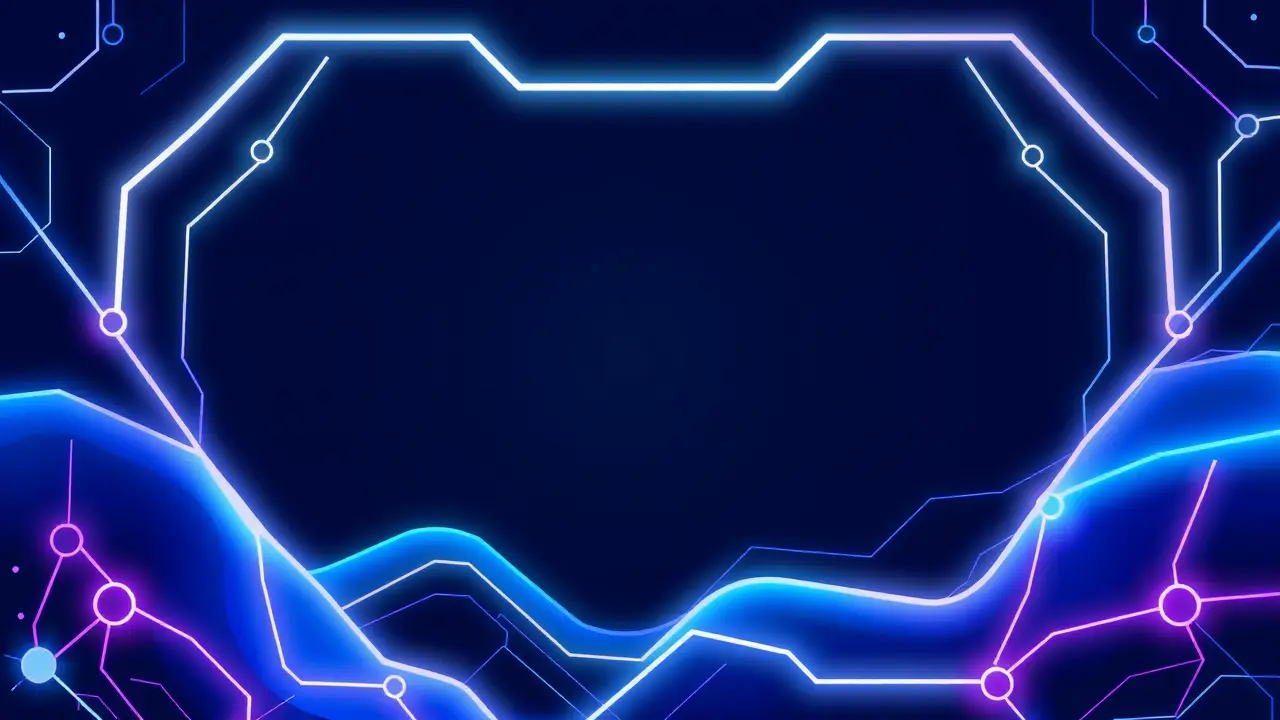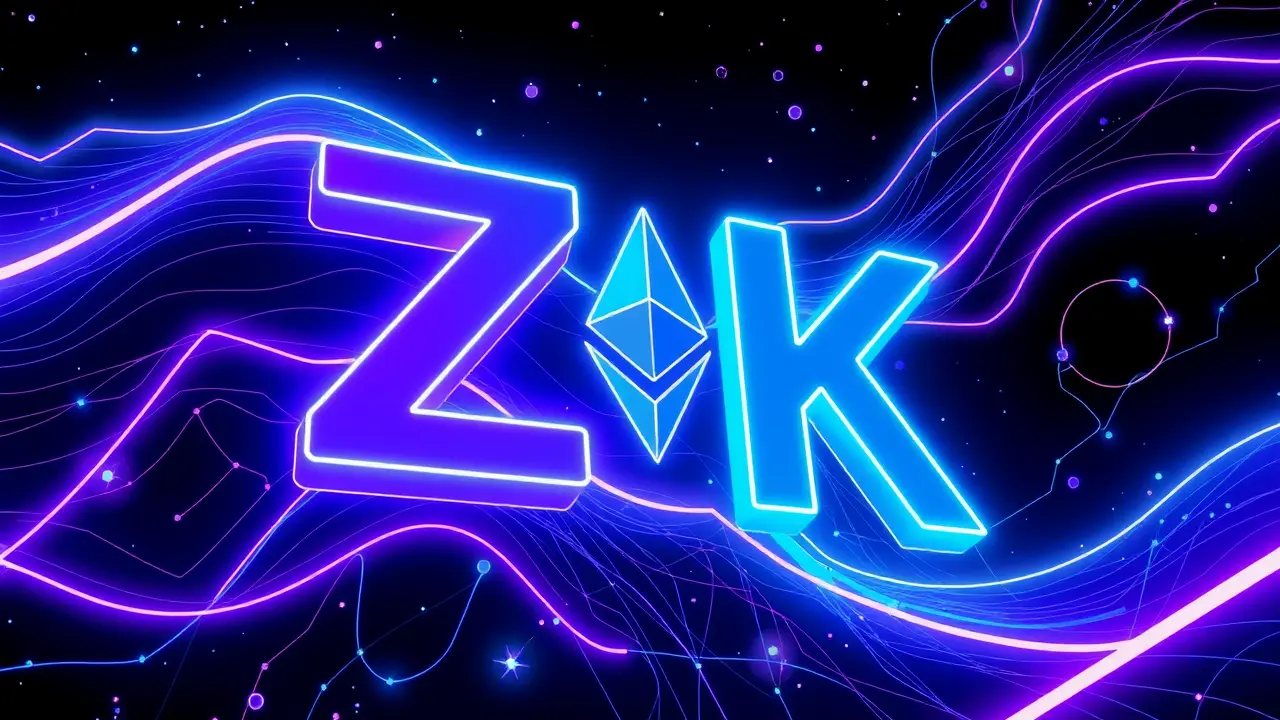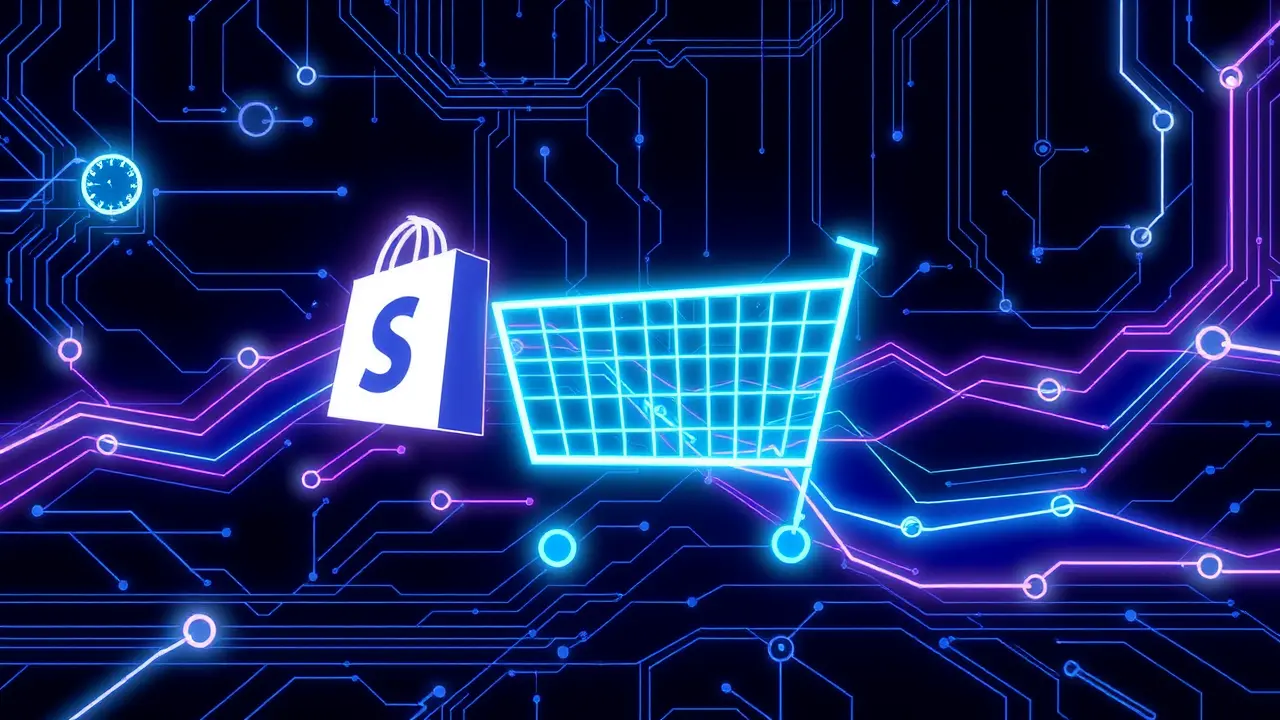
AIgenerative aiAI Tools and Startups
ClickUp Launches New AI Assistant to Rival Slack and Notion
DA
Daniel Reed
5 hours ago7 min read
The productivity software arena, long characterized by a simmering cold war between feature-rich platforms, has just witnessed a significant escalation with ClickUp's strategic deployment of a new AI assistant, a move that directly challenges the established territories of collaboration giants like Slack and Notion. This isn't merely another iterative update; it's a calculated offensive, one made possible by the foundational acquisition of Qatalog, a company whose technology for mapping and integrating digital work ecosystems provides the crucial infrastructure for this AI's deep contextual understanding.To grasp the full magnitude of this development, one must look beyond the press releases and examine the underlying architectural shift. The core challenge in enterprise software has never been a lack of tools, but rather the crippling data silos they create—a problem Slack tackled with channels and Notion with linked databases.ClickUp's AI, however, represents a more ambitious paradigm: an orchestrator that can traverse these silos, pulling context from conversations, documents, and tasks to generate summaries, draft project plans, or predict bottlenecks. This capability, born from Qatalog's 'knowledge map' technology, suggests a pivot from tools that assist with work to systems that understand the workflow itself.The acquisition itself is a textbook case of strategic foresight; rather than building a large language model from scratch, ClickUp identified and assimilated a specialist that solved the critical puzzle of data interoperability, a move reminiscent of how major tech firms have historically accelerated their AI capabilities through targeted mergers. The implications for the competitive landscape are profound.Slack, with its Salesforce-backed Einstein GPT, and Notion, with its deeply integrated AI writing features, now face a contender whose AI is not an add-on but a core operational layer. This arms race will likely accelerate feature commoditization, forcing all players to compete on the sophistication of their AI's reasoning and its ability to deliver tangible ROI by reducing cognitive load and administrative overhead.Industry analysts are already debating whether this signals the beginning of the end for the single-purpose app, as all-in-one platforms like ClickUp leverage AI to manage complexity that would otherwise overwhelm a human user. The long-term consequence could be the emergence of a centralized 'command center' for knowledge work, where the AI assistant becomes the primary interface between the worker and the digital toolset.However, this future is not without its perils. Questions of data privacy, model bias, and the potential for AI-generated 'busywork' loom large. The success of ClickUp's gambit will ultimately depend not just on the raw power of its algorithms, but on its nuanced understanding of how teams actually collaborate, a human-centric problem that remains the final frontier for even the most advanced artificial intelligence.
#ClickUp
#AI assistant
#productivity software
#Slack
#Notion
#Qatalog acquisition
#enterprise software
#featured
Stay Informed. Act Smarter.
Get weekly highlights, major headlines, and expert insights — then put your knowledge to work in our live prediction markets.
Related News
© 2025 Outpoll Service LTD. All rights reserved.














